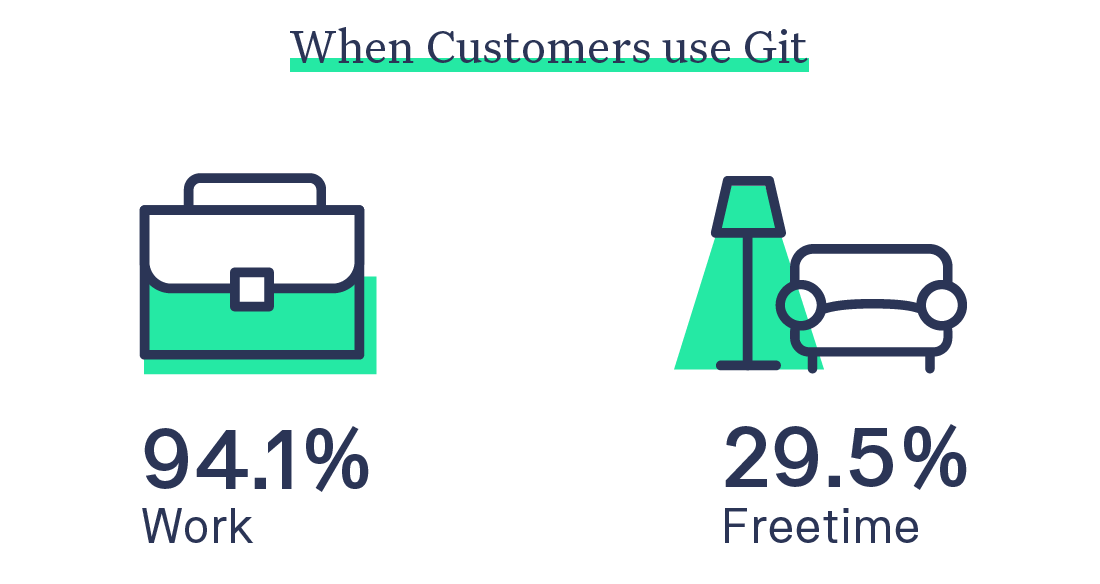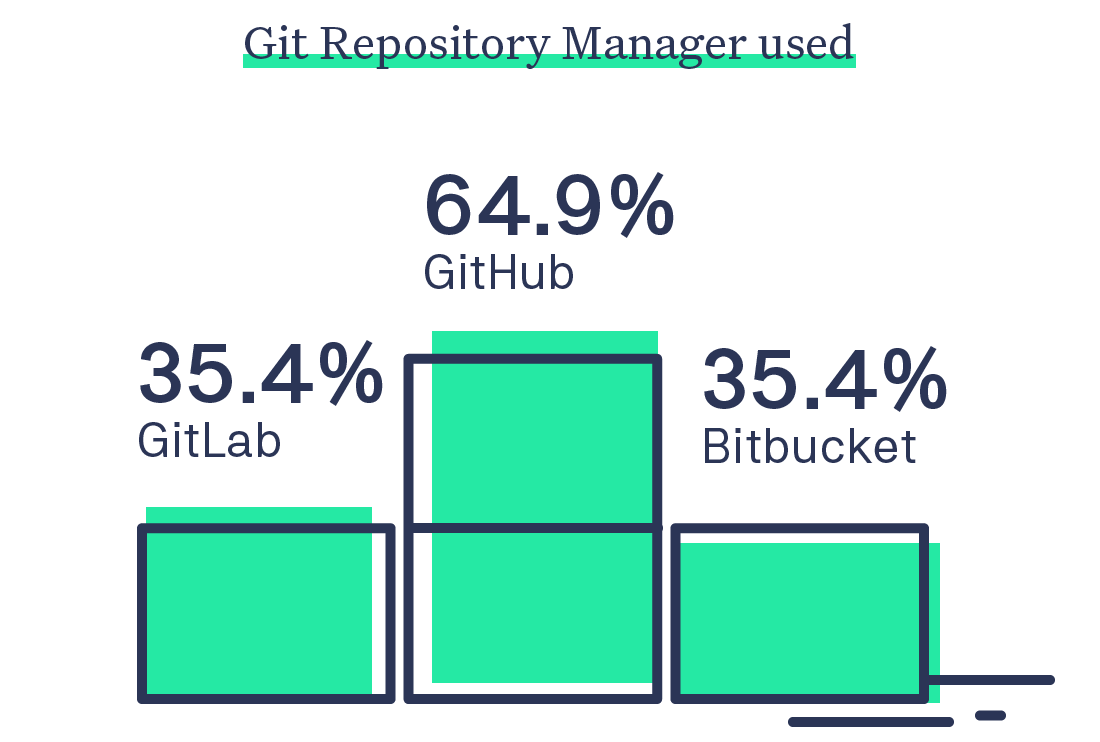How Will Git Develop in the Future?

How Will Git Develop in the Future?
Stash, merge, rebase, clone, fetch or pull; if you use at least one of these commands in your daily business, you probably work with Git. Created in 2005 by Linus Torvalds, this version control system has grown to be one of the most popular tools for software development.
Git is the most popular VCS, and it's free and open source. Even more, it's a DVCS, a distributed version control system. This is because the entire codebase, including its full history, is mirrored on every developer's computer.
Git for Everyone
Git is not just for developers, all teams in a company can benefit. Take the marketing team as an example: in a typical centralized VCS, all changes have to be rolled up in one big release. With large product releases, the marketing team has to sum up all the improvements into a few topics, rather than focus on all the small improvements. The small improvements are worth talking about! Git allows for a shorter circle of development, which means the team can release small improvements more often. That gives the marketing team much more to share.
Feature Branches And Pull Requests
By coding in feature branches, Git provides the structure for managing larger projects. This enables the team to work collaboratively on a certain feature without influencing the main branch.
Another one of Git's most important features are pull requests. Pull requests are a function that enables the developer to inform other teammates of changes to the code you would like to make to support a feature. The code can be reviewed and merged into the Master branch when the team is ready.
How Will Git Develop in the Future?
We asked both, our expert speakers and the audience from K15t's last TeamTalks event, how they would assess the future development of Git.
"When we started, there were lots of alternatives to Git", says Stefan Saasen, Software engineer from Atlassian Bitbucket's Cloud Team who has worked with Git for over 10 years. "Today, we can see that Git really pushes itself through. It will become the one and only."
Stefan is not the only Git expert who shares this opinion: "Git will expand its position as the market leader in version control systems," predicts Tobias Günther, founder of GitTower "what we can see is that more and more bigger teams change from other version control systems to Git."
The survey results taken by the audience emphasizes these experts opinions:


